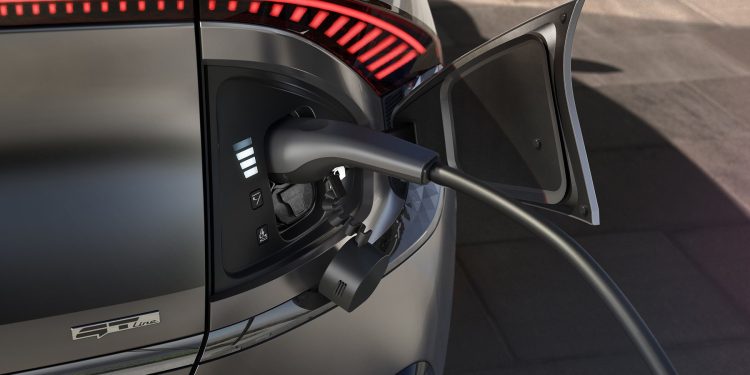EVs likely set for significant price spike
Words: Zane Shackleton
Fuel prices are going up, a global semiconductor shortage is forcing manufacturers to delay new car arrivals, and it appears EVs are in for a price hike too.
Nickel prices have soared to all-time highs, a consequence of Russia’s Ukraine invasion.
Russia is the world’s third-biggest nickel producer, a critical element used in lithium-ion batteries for EV cars.
While the metal is yet to be sanctioned by Western countries, Russia’s shipments have declined dramatically as their economy takes a big hit.
Even so, Nickel demand is about to skyrocket as more and more car manufacturers focus on electrifying their fleet.
The price of nickel is climbing at a rate faster than the cost of crude oil.
Trading of the market was suspended earlier this week as the price rose by 250 per cent within 24 hours.
The London Metal Exchange has still not reopened trading.
According to economists from the investment banking company Morgan Stanley, EV Production prices are expected to increase by US $1000 within weeks.
Brands like Tesla has already agreed to a new deal to mine for the metal in America. Currently, Tesla gets most of its nickel haul from South America.
EV prices are already on a steep incline. Rivian Automotive has had a massive surge in their R1T truck price in America, leading to a lawsuit by investors who claim they were misled about initial prices.
An R1T in America today will cost you $12,000 more than what it was only a few months ago.
Not every EV will be affected by the nickel price hike. Some use a Lithium iron phosphate (LFP) battery that doesn’t require nickel.
While cheaper, these batteries are heavier and offer less range than their Lithium-ion superiors.
Last year, Tesla started using LFP batteries in their ‘entry level’ models.
Smart move, and maybe everyone else will again be playing another round of Tesla catch-up.





